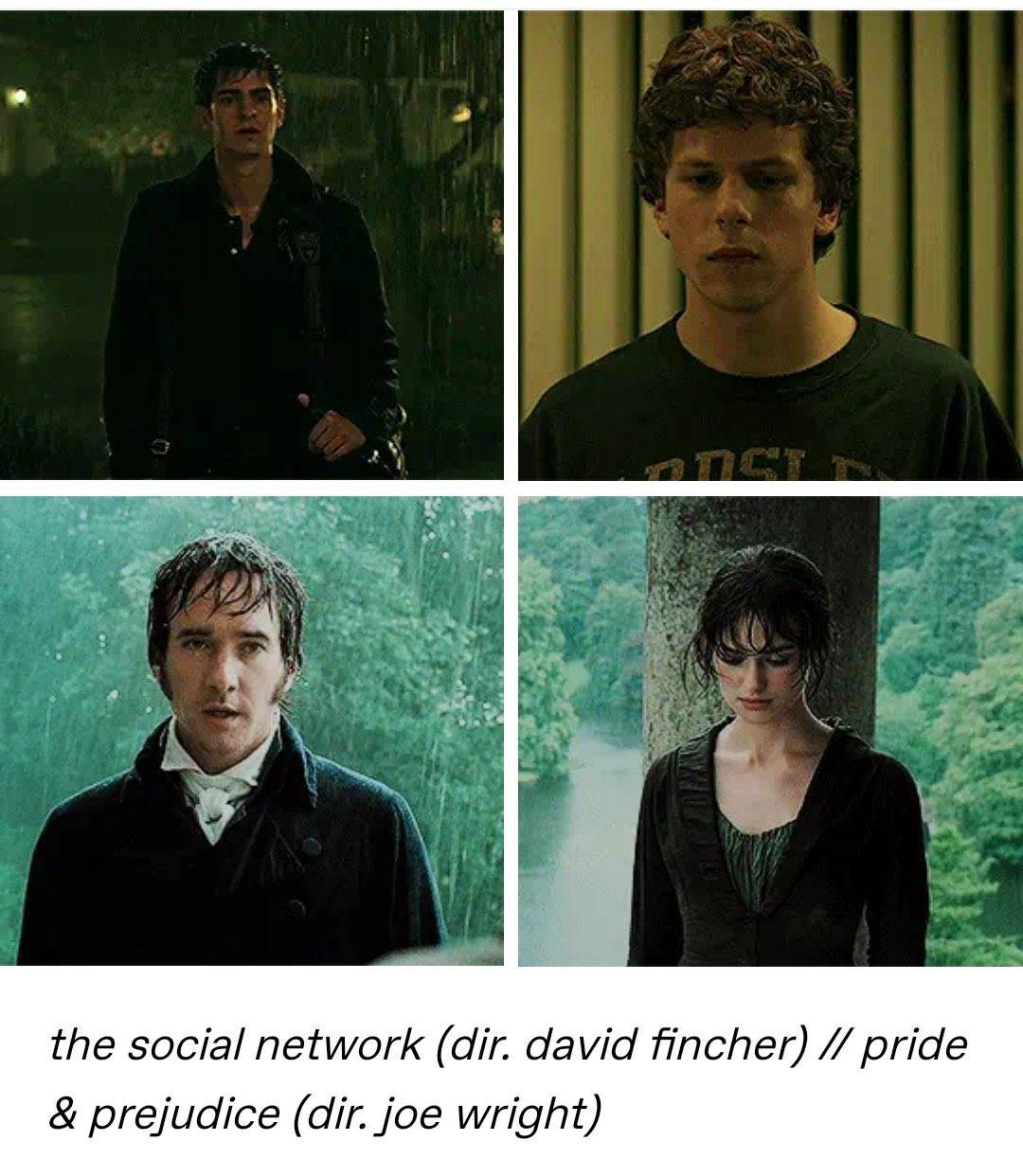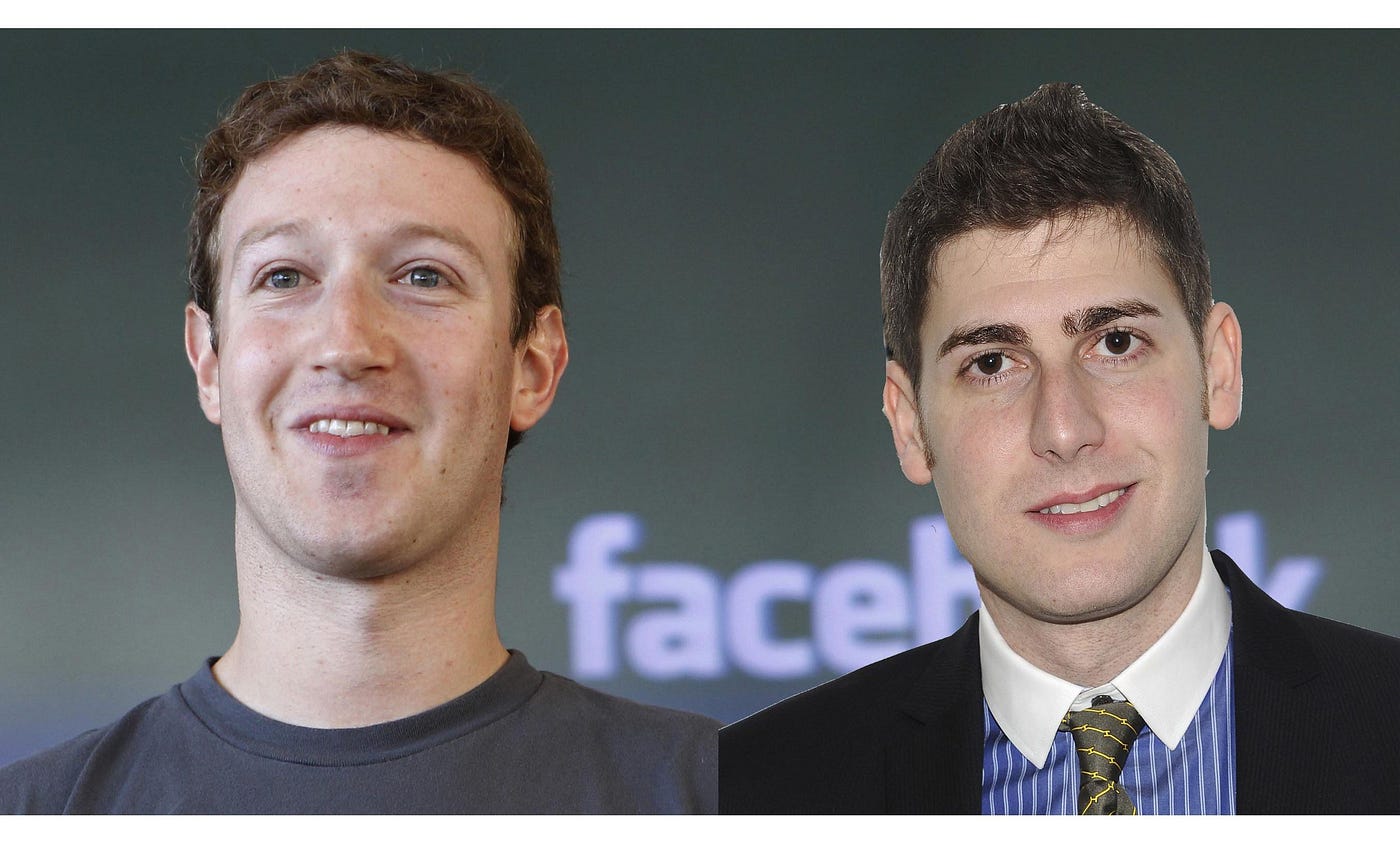Mark Zuckerberg and Eduardo Saverin: A Tale of Friendship, Innovation, and the Birth of Facebook
The story of Facebook, now Meta, is a modern-day epic. It’s a tale of disruptive innovation, rapid growth, and the complex dynamics of human relationships. At the heart of this narrative are two names inextricably linked: Mark Zuckerberg and Eduardo Saverin. This article delves into their intertwined journey, exploring their initial collaboration, the factors that shaped their partnership, the eventual conflicts, and the lasting impact of their creation on the world.
The Genesis: Harvard, a Dorm Room, and a Shared Vision
The story begins in the hallowed halls of Harvard University. In 2003, Mark Zuckerberg, a computer science student with a knack for coding, conceived an idea: a social networking platform for college students. This idea, initially known as “The Facebook,” quickly gained traction, and Zuckerberg needed a team to bring his vision to life. That’s where Eduardo Saverin entered the picture.
- Eduardo Saverin’s Early Contributions:
- Provided initial funding and business acumen.
- Served as the company’s Chief Financial Officer (CFO).
- Managed advertising and financial aspects of the burgeoning company.
- Helped secure early investments and navigate the financial landscape.
Their partnership, forged in the crucible of academic life, was built on a shared ambition to connect people and disrupt the existing social landscape. Saverin, with his financial prowess and Zuckerberg’s technical genius, seemed like a perfect match. They were united by the dream of building something extraordinary.
The Shifting Sands: Growth, Conflict, and Changing Roles
As Facebook exploded in popularity, the dynamics between Zuckerberg and Saverin began to shift. The company’s rapid expansion, the influx of new investors, and the relocation of operations to Silicon Valley created new pressures and challenges.
- Key Factors Contributing to the Rift:
- Dilution of Saverin’s Equity: Zuckerberg’s actions, including the incorporation of a new company in Delaware, significantly reduced Saverin’s ownership stake.
- Disagreements Over Control: Differing visions for the company’s future and the distribution of power fueled tensions.
- Legal Battles: Saverin filed a lawsuit against Zuckerberg, alleging breach of contract and seeking to protect his interests.
- The Rise of Peter Thiel and Other Investors: New investors played a significant role in shaping the company’s direction and influencing the power dynamics.
These factors led to a public and highly publicized legal battle. The friendship, once the bedrock of their collaboration, crumbled under the weight of ambition, financial pressures, and differing visions for the future of Facebook.
The Aftermath: Settlement, Legacy, and the Evolution of Facebook
The legal battle concluded with a settlement that restored a significant portion of Saverin’s equity and acknowledged his role in the company’s founding. While the terms of the settlement remain largely confidential, it marked the end of their direct working relationship.
Eduardo Saverin’s Current Status:
- Remains a billionaire due to his Facebook stake.
- Focuses on venture capital investments and philanthropy.
- Has largely maintained a low profile since the initial controversies.
Mark Zuckerberg’s Continued Leadership:
- Remains the CEO of Meta Platforms, formerly Facebook.
- Has overseen the company’s expansion into virtual reality, augmented reality, and the metaverse.
- Continues to shape the future of social networking and technology.
Despite the fractured friendship, their combined efforts irrevocably changed the world. Facebook connected billions of people, revolutionized communication, and transformed the way we consume information. The platform’s impact on social, political, and economic landscapes is undeniable. The story of Zuckerberg and Saverin serves as a potent reminder of the complexities inherent in innovation, the fragility of relationships, and the enduring power of a groundbreaking idea.
The Enduring Legacy: Innovation, Impact, and the Human Element
The Zuckerberg-Saverin story is a cautionary tale and a testament to the transformative power of innovation. It highlights the challenges of navigating rapid growth, the importance of clear agreements, and the enduring human element that underlies even the most technologically advanced endeavors. The birth of Facebook, and the complicated relationship between its founders, continues to fascinate and inspire, shaping our understanding of business, technology, and the human connections that drive them both.
Frequently Asked Questions (FAQs)
1. What was Eduardo Saverin’s specific role in the early days of Facebook?
Eduardo Saverin provided the initial funding for Facebook and served as the company’s CFO. He was responsible for managing the financial aspects, securing early investments, and handling advertising.
2. What led to the legal disputes between Mark Zuckerberg and Eduardo Saverin?
The legal disputes arose primarily from the dilution of Saverin’s equity stake as the company grew and attracted new investors. Disagreements over control and the direction of the company also contributed to the conflict.
3. What happened after the legal settlement between Zuckerberg and Saverin?
The settlement restored a significant portion of Saverin’s equity. Saverin has since focused on venture capital investments and philanthropy, while Zuckerberg has remained the CEO of Meta Platforms (Facebook).
4. Did Mark Zuckerberg and Eduardo Saverin ever reconcile after the legal disputes?
Public accounts suggest that the relationship between Mark Zuckerberg and Eduardo Saverin remained strained after the legal settlement. They have not been known to publicly reconcile.
5. How has Facebook, now Meta, changed the world?
Facebook, now Meta, has revolutionized communication, connected billions of people globally, and transformed the way we consume information. It has had a significant impact on social, political, and economic landscapes, reshaping how we interact and access information.




